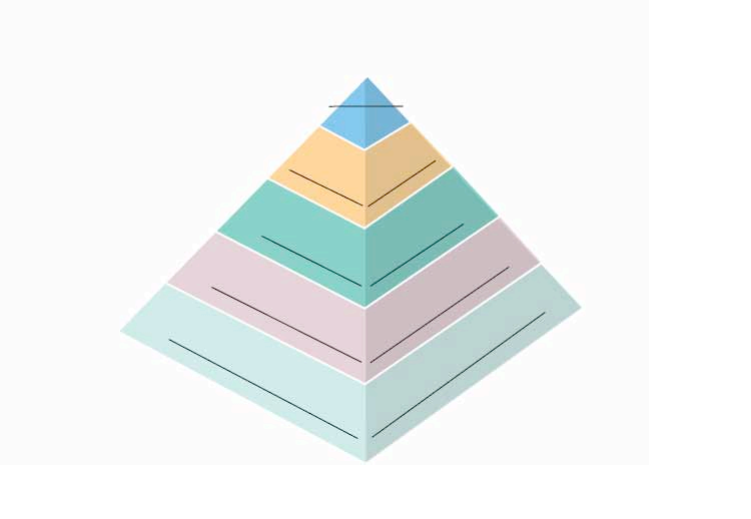Exam 2: Getting to Know Your Audience and Situation
Exam 1: Overview of Public Speaking46 Questions
Exam 2: Getting to Know Your Audience and Situation88 Questions
Exam 3: Selecting Your Topic and Purpose89 Questions
Exam 4: Locating Support Material88 Questions
Exam 5: Selecting and Testing Support Material87 Questions
Exam 6: Outlining Your Speech90 Questions
Exam 7: Organizing the Speech Body87 Questions
Exam 8: Introducing and Concluding Your Speech89 Questions
Exam 9: Using Language Successfully88 Questions
Exam 10: Delivering Your Speech88 Questions
Exam 11: Using Presentation Aids90 Questions
Exam 12: Listening86 Questions
Exam 13: Evaluating Speeches87 Questions
Exam 14: The Informative Speech89 Questions
Exam 15: Tools for Persuading87 Questions
Exam 16: The Persuasive Speech89 Questions
Exam 17: Speeches for Special Events89 Questions
Exam 18: On-The-Job Speaking96 Questions
Exam 19: Speaking in Small Groups86 Questions
Select questions type
Lauren had a difficult time listening to the professor because the temperature in the room was too cold. This is an example of a physiological barrier.
(True/False)
4.8/5  (41)
(41)
__________cultures will have clearly defined divisions of authority and responsibility.
(Multiple Choice)
4.9/5  (43)
(43)
Miguel had a headache and had trouble focusing on the speeches in class. This is an example of a(n)
(Multiple Choice)
4.8/5  (31)
(31)
Ben's family places a lot of importance on gaining a quality education. This is an example of a(n)
(Multiple Choice)
4.9/5  (40)
(40)
Being able to respond to audience differences through sensitivity, politeness, willing adjustment, and collaboration is known as negotiation skill.
(True/False)
4.8/5  (38)
(38)
__________is the biological differences of humankind, often noticeable in physical markers such as color and texture of hair, color of skin and eyes, shape of facial features, and bodily build and proportions.
(Multiple Choice)
4.7/5  (38)
(38)
An audience who is required to attend a speech or event is called a(n)_________ audience.
(Multiple Choice)
4.8/5  (39)
(39)
Explain the differences between the terms race, ethnicity, and culture.
(Essay)
4.8/5  (47)
(47)
When writing surveys, you should tend toward__________ questions.
(Multiple Choice)
4.9/5  (30)
(30)
After reading the following survey on the topic of the Gulf oil spill, correct any questions you feel are ineffective and explain why you made the corrections.
1. Have you ever vacationed in the Gulf area?
___Yes
___No
2. Do you agree that the federal government is not doing enough to stop the flow of oil?
___Yes
___No
3. What should BP be doing differently to contain the spill?
4. Who do you feel is the most responsible for the spill and why?
5. How serious do you think the Gulf oil spill is and do you think it will affect our nation's long-term energy policy?
(Essay)
4.7/5  (41)
(41)
Juan paid attention to the unique characteristics of his audience members and took care to keep these distinctions in mind during the whole speech-making process. This is an example of
(Multiple Choice)
4.8/5  (26)
(26)
___________is false or oversimplified generalizing applied toindividuals based on group characteristics.
(Short Answer)
4.9/5  (34)
(34)
"Do you plan to vote in the next election?" This is an example of a closed-ended question.
(True/False)
4.9/5  (35)
(35)
List three questions regarding situational time you should ask before giving a speech.
(Short Answer)
4.8/5  (37)
(37)
According to Littlejohn and Foss, identity knowledge, mindfulness, and negotiation skill are all components of___________
(Short Answer)
4.9/5  (41)
(41)
What questions can a basic analysis of your audience andsituation help you answer? (List three)
(Short Answer)
4.8/5  (46)
(46)
Label each level of Maslow's hierarchy of needs in the diagram and then explain each level. 
(Essay)
4.9/5  (37)
(37)
Showing 21 - 40 of 88
Filters
- Essay(0)
- Multiple Choice(0)
- Short Answer(0)
- True False(0)
- Matching(0)